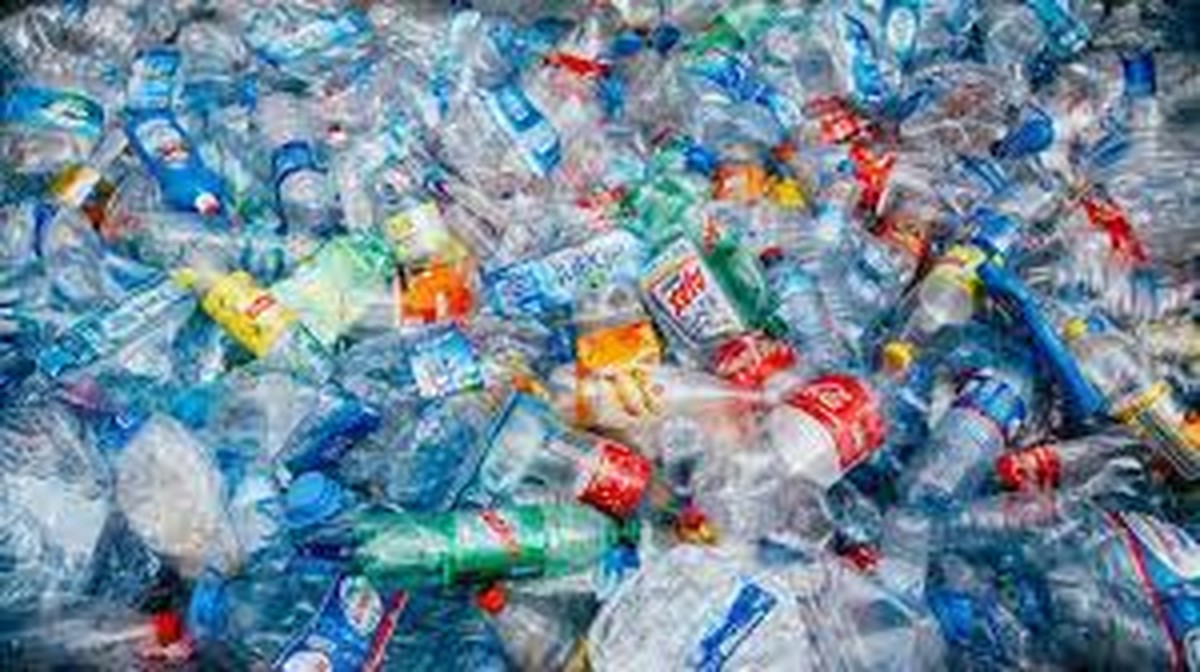24/06/2025
24/06/2025

LONDON, June 24: Researchers have discovered that bacteria can convert plastic waste into painkillers, offering a more sustainable way to produce these medicines.
Chemists found that E. coli bacteria can create paracetamol (acetaminophen) from a substance made in the lab using plastic bottles.
“Many people don’t realize paracetamol is currently made from oil,” said Professor Stephen Wallace, lead researcher at the University of Edinburgh. “Our work shows that by combining chemistry and biology, we can produce paracetamol more sustainably while also helping to clean up plastic waste.”
Published in Nature Chemistry, the study explains how the team discovered a chemical reaction known as the Lossen rearrangement — a reaction never before observed in nature — could occur inside living cells without harming them.
The researchers started with polyethylene terephthalate (PET), a common plastic used in food packaging and bottles. Using environmentally friendly chemical methods, they converted PET into a new material.
When this material was incubated with a harmless strain of E. coli, it was transformed into para-aminobenzoic acid (PABA), through a process involving the Lossen rearrangement.
Typically, the Lossen rearrangement requires harsh lab conditions, but here it happened naturally in the presence of E. coli, catalyzed by phosphate inside the bacteria.
PABA is vital for bacterial growth, especially for DNA synthesis, and is normally produced inside cells from other compounds. However, the E. coli in the experiment was genetically modified to block its usual production pathways, forcing the bacteria to use the PET-derived material instead.
The researchers are excited by these findings, which suggest plastic waste can be turned into useful biological materials.
“It offers a way to completely ‘hoover up’ plastic waste,” Wallace said.
Next, the team further engineered E. coli by adding two genes—one from mushrooms and one from soil bacteria—that enabled the bacteria to convert PABA into paracetamol.
Using this engineered E. coli, the team produced paracetamol from the PET-based starting material in under 24 hours, achieving low emissions and up to 92% yield.
While more work is needed to scale this process for commercial production, the results point to a practical future application.
“This method creates a pathway from plastic waste to paracetamol that neither biology nor chemistry alone could achieve,” Wallace said.


